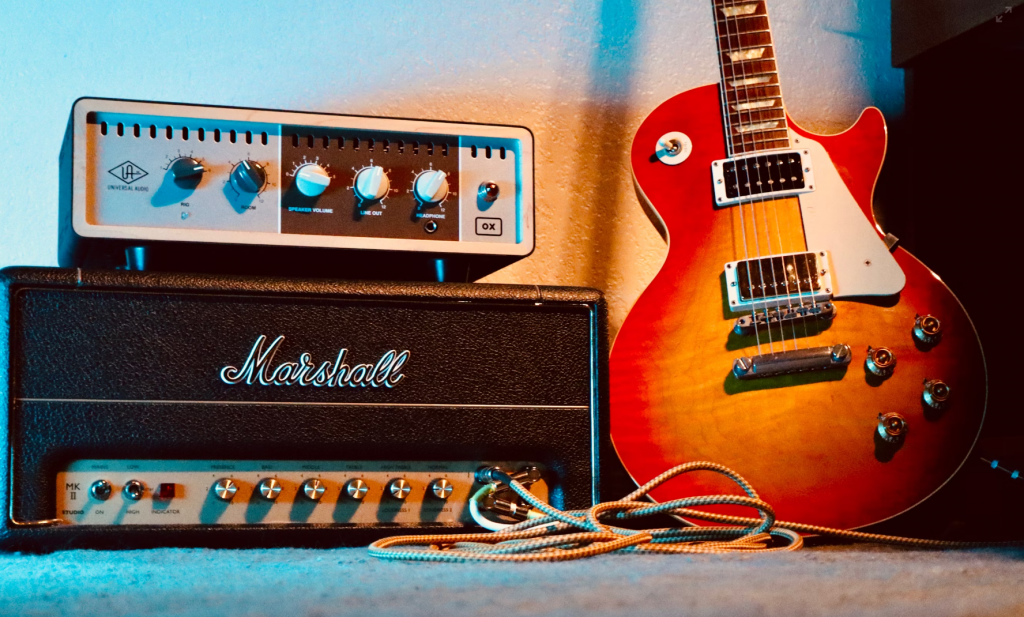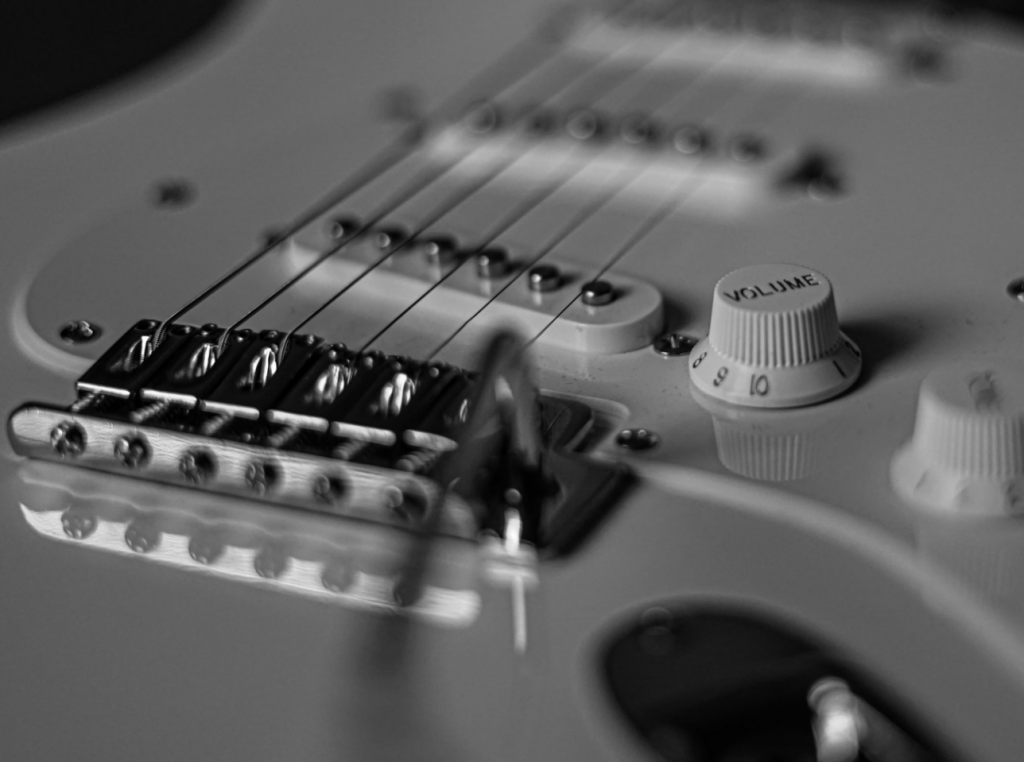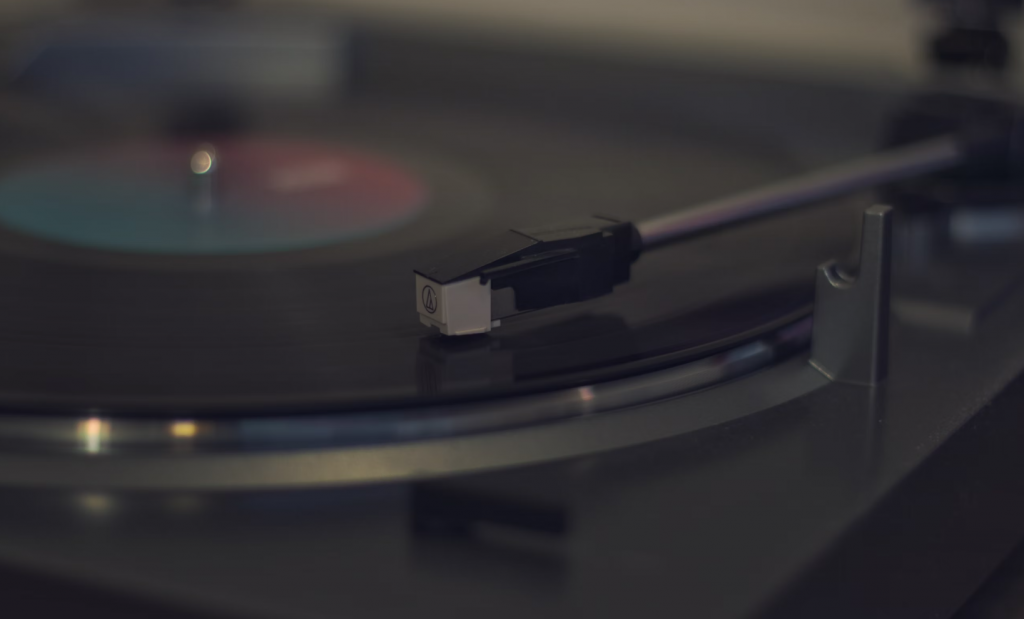H1: Introduction
When it comes to crafting that iconic rock sound, the right amplifier can make all the difference. Two heavyweights in the amp world that come to mind are Mesa Boogie and Marshall. Both have shaped the sound of rock music, from classic rock anthems to modern metal riffs. But the question remains: which amp reigns supreme for rock tone? In this article, we’ll dive into the history, sound characteristics, build quality, versatility, and price points of Mesa Boogie and Marshall amplifiers to help you decide which one suits your rock sound best.
H2: Overview of Mesa Boogie
H3: History and Legacy of Mesa Boogie Amps
Mesa Boogie was founded by Randall Smith in 1971, initially as a small amp repair shop. It quickly gained recognition for its innovation, particularly with the Mark I, the first-ever high-gain amp, which revolutionized the sound of rock and metal. Over the years, Mesa Boogie amps have maintained a reputation for premium quality and versatility, making them a staple in both professional studios and live performance settings.
H3: Key Features of Mesa Boogie Amps
Mesa Boogie amps are known for their rich tonal palette, which offers everything from crystal-clear cleans to aggressive distortion. One of their standout features is the triode/quad power switch, allowing players to modify their amp’s power output for different dynamics. The Dual Rectifier series is perhaps the most iconic, delivering thick, saturated tones that have become synonymous with modern rock and metal.
H3: Mesa Boogie in the Context of Rock Music
Mesa Boogie is the choice for rock musicians who seek versatility and precision. Whether you’re playing hard rock, progressive metal, or any other genre, these amps are capable of delivering a wide range of tonal characteristics, from creamy overdrive to face-melting high-gain distortion. The heavy sound and dynamic range make them ideal for musicians who need power and clarity.
H2: Overview of Marshall
H3: History and Legacy of Marshall Amps
Marshall amplifiers were founded by Jim Marshall in 1962 in the UK, and quickly became the go-to choice for rock guitarists. Known for their association with legendary bands like Led Zeppelin, AC/DC, and The Who, Marshall amps have become synonymous with the “classic rock” tone. Their timeless sound has influenced countless musicians for decades.
H3: Key Features of Marshall Amps
Marshall amps are characterized by their warm, punchy tone, often described as “crunchy” or “growling.” With a focus on simplicity, Marshall amps provide fewer controls compared to their competitors, but their sound speaks volumes. The Marshall JCM800, for example, delivers that quintessential British rock sound with its ability to switch between clean and overdriven tones.
H3: Marshall in the Context of Rock Music
Marshall is perhaps the most iconic amplifier in rock history. Its signature British crunch sound has powered some of the most memorable moments in rock, making it the preferred choice for musicians who value simplicity and raw power. From classic rock to hard rock and even punk, Marshall amps are often the amp of choice for musicians who want to maintain that gritty, aggressive sound.
H2: Tone Comparison
H3: Mesa Boogie’s Signature Tone
Mesa Boogie amps are known for their high-gain, modern rock tones with a tight low end and crisp highs. The tone can be dialed in for a variety of genres, but it truly excels at delivering full-bodied, saturated distortion. For players who love intricate solos and deep, articulate sound, Mesa Boogie is a favorite.
H3: Marshall’s Signature Tone
Marshall amps, on the other hand, are all about British warmth. They excel in producing midrange-heavy tones that cut through a mix with ease, especially when cranked up. The classic Marshall crunch is a staple in rock music, known for its ability to provide raw, aggressive distortion that is perfect for rhythm and lead playing alike.
H3: Comparison of Tone Characteristics
- Mesa Boogie: Clean tones are rich, but it’s the distortion that truly stands out. Expect tight, controlled lows with a pronounced midrange. Perfect for progressive rock and metal.
- Marshall: Clean tones are less prominent compared to its distortion, but when you crank up the gain, the result is a thick, warm distortion that’s perfect for classic rock tones.
H2: Build Quality

H3: Mesa Boogie’s Durability and Craftsmanship
Mesa Boogie amps are known for their high-end construction. Built to last, they use premium components and rugged materials, making them a solid choice for touring musicians. These amps can withstand the rigors of the road while maintaining their tonal integrity.
H3: Marshall’s Durability and Craftsmanship
Marshall amps are built with longevity in mind, too. They’ve been the trusted choice for decades, and their rugged design has proven itself time and time again. With a strong reputation for being tough and reliable, Marshall amps are built to take a beating while still delivering their signature sound.
H2: Versatility and Sound Options
H3: Mesa Boogie’s Versatility
One of the major selling points of Mesa Boogie amps is their versatility. The ability to switch between different modes and power settings gives players a wide range of options to experiment with. Whether you want crystal-clear cleans or a saturated, high-gain sound, Mesa Boogie has got you covered.
H3: Marshall’s Versatility
While Marshall amps are known for their simplicity, they still offer a variety of tonal options. The JCM series and DSL series offer a broad tonal range, from classic rock to heavier, modern distortion. However, Marshall amps tend to shine brightest in the midrange and high-gain areas.
H2: Price Point and Value
H3: Mesa Boogie’s Pricing and Value
Mesa Boogie amps are considered a premium choice, with prices that reflect their quality and craftsmanship. While they may cost more than some other brands, the value they offer in terms of tone, build quality, and versatility is often considered worth the investment.

H3: Marshall’s Pricing and Value
Marshall amps generally come at a lower price point compared to Mesa Boogie amps. However, their sound and build quality still provide excellent value, especially for musicians who are looking for that classic rock tone without breaking the bank.
H2: Ease of Use
H3: Mesa Boogie’s User Interface
Mesa Boogie amps can be a bit complex for beginners, given the numerous controls and settings available. However, for experienced players, this depth of control is a plus, as it allows for more fine-tuned adjustments to tone.
H3: Marshall’s User Interface
Marshall amps are much simpler to use, with fewer knobs and controls. This makes them ideal for guitarists who want to plug in and play without spending too much time adjusting settings.
H2: Pros and Cons
H3: Pros of Mesa Boogie
- Exceptional versatility
- High-quality construction
- Wide tonal range, from clean to high-gain
H3: Pros of Marshall
- Iconic rock tones
- Simplicity in design
- Affordable compared to other premium amps
H3: Cons of Mesa Boogie
- Expensive
- Can be overwhelming for beginners due to complex controls
H3: Cons of Marshall
- Limited tonal versatility compared to other amps
- Not as feature-rich as Mesa Boogie

H2: Which Amp is Better for Rock Music?
In the end, the choice between Mesa Boogie and Marshall depends on your specific needs and playing style. If you’re after modern, high-gain distortion with a ton of tonal options, Mesa Boogie is the way to go. However, if you prefer simplicity and a classic rock tone that has stood the test of time, Marshall amps are hard to beat.
H2: FAQs
1. Which amp is best for metal?
Mesa Boogie amps are often favored by metal players due to their high-gain capabilities and tight, focused distortion.
2. Are Marshall amps good for classic rock?
Yes, Marshall amps are the gold standard for classic rock tones, offering that iconic crunch and warmth.
3. Which amp is more versatile?
Mesa Boogie amps offer more versatility with multiple modes and power settings, allowing for a wider range of tones.
4. Is Mesa Boogie worth the price?
For those seeking premium sound and versatility, Mesa Boogie is worth the investment.
5. Can Marshall amps handle modern rock genres?
While Marshall amps excel at classic rock, they are also capable of handling modern rock styles, especially with their more recent models like the DSL series.


Leave a Reply